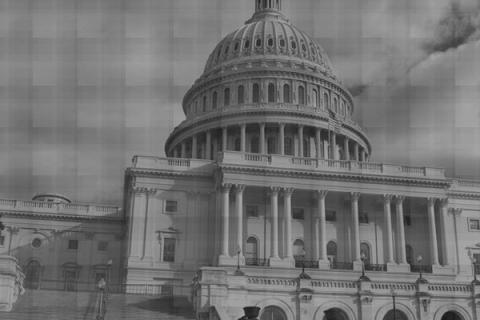If Congress passes the $940 billion healthcare bill, the nonpartisan Congressional Budget Office (CBO) projects a $138 billion savings over ten years. While this sounds impressive in deficit reduction terms, in reality, it represents an infinitesimal percentage of the federal budget. Consider this. The Obama administration just presented a record $3.8 trillion budget deficit, and the same nonpartisan CBO projects nearly $10 trillion of additional debt over the next ten years. You get the picture. $138 billion isn't even a blip on the radar screen.
In addition, here's another factor to consider. Government budget projections are notoriously inaccurate. Remember the Iraq War? It was supposed to cost $60 billion. Seven years later, we're at $750 billion and counting. How about the Afghanistan War? Probably no one would have told you in 2001 that it would have cost $250 billion at this juncture, either. Or, what about the budget surpluses the CBO projected all throughout the Bush years as a result of the balanced budgets of the late '90s? Those quickly turned into big deficits.
Perhaps more pertinent, what about government projections for Medicare and Medicaid back in the day? By 1990, Medicare was projected to cost about $12 billion annually. In 1990, it hit $107 billion. Medicaid was originally projected to cost about $1 billion a year, but now, it costs about $250 billion a year.
As a result, based on historical precedent, the $940 billion healthcare bill would likely end up costing much more than expected.
